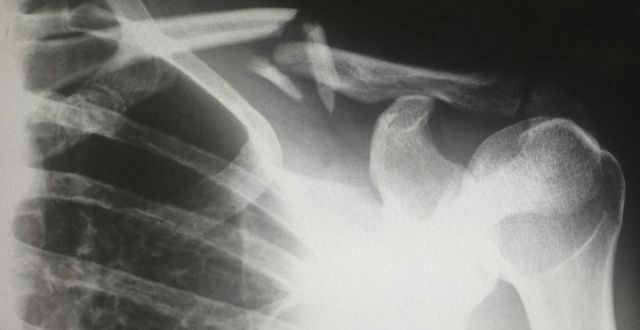Navigating the complex terrain of serious injury claims in the UK can be daunting for anyone who has suffered a traumatic experience. Such claims are not only critical for the financial assistance they can bring but also for the acknowledgment of pain and distress endured.
The legal landscape is intricate, and understanding your rights and options is crucial. In this article, we explore the essential aspects of serious injury claims, offering a comprehensive roadmap for those seeking justice and compensation.
Understanding Serious Injury Claims in the UK: Definitions and Legal Framework

In the UK, serious injury claims arise when a person suffers significant harm due to another’s negligence or intentional actions, such as spinal damage, traumatic brain injuries, or limb loss. These claims are based on tort law, particularly the principle of negligence, which involves a breached duty of care resulting in harm.
Serious injuries generally have long-term effects on an individual’s life, distinguishing them from minor claims with typically higher compensation stakes. The laws governing these claims vary across regions, necessitating specialized legal advice.
A valid claim must show the injury was caused by someone else’s fault, requiring thorough preparation and clear presentation of evidence.
The Claims Process: Steps to Take after Sustaining a Serious Injury
After a serious injury, it’s crucial to establish a strong claim foundation. The first step is to seek medical attention to both address health concerns and document the injuries. This medical documentation serves as essential evidence of the injury and its severity in the claims process.
Next, gather evidence related to the injury’s cause, such as photos, witness details, and accident or police reports. Then, notify the at-fault party and start negotiating for compensation, typically by filing a claim with their insurance company.
Be cautious with communications and avoid accepting early settlement offers without legal advice, as these often undervalue your claim. If negotiations fail, the matter may go to trial, where solid evidence and expert testimony are crucial for a successful outcome. Legal guidance is vital throughout to navigate the process and avoid mistakes.
Determining Responsibility and Proving Negligence in Injury Cases

To succeed in a serious injury claim, establishing liability is imperative. This involves showcasing that the responsible party owed a duty of care that was breached, resulting in your injury. Demonstrating negligence is not a straightforward task; it usually requires an intricate understanding of legal doctrines and the presentation of concrete evidence.
The notion of ‘causation’ also becomes a focus point in these cases. You must illustrate that your injury was a direct result of the wrongful actions or inactivity of the defendant. This often calls for expert testimonies, particularly in complex cases where the nature of the injury and the circumstances around it are heavily scrutinized.
Another important facet is the concept of contributory negligence, where the claimant may have partly contributed to the harm they suffered. In such instances, responsibility might be shared, influencing the outcome and the amount of compensation that can be recovered. It’s critical to anticipate and address any arguments regarding contributory negligence.
Calculating Compensation: What Factors Influence Serious Injury Claim Payouts
The calculation of compensation in serious injury claims is a process that takes into account various factors to ensure fair recompense. The severity of the injury and its long-term implications on your life are primary considerations. This includes physical pain and suffering, emotional distress, and the overall impact on the quality of life.
Financial losses, such as lost wages due to time off work or reduced earning capacity, form a significant part of the claim. Compensation is designed to cover past and future financial repercussions stemming from the injury, ensuring that the claimant is not financially disadvantaged due to someone else’s negligence.
Medical treatments and rehabilitation costs also considerably influence the value of a compensation claim. From immediate medical bills to ongoing care expenses, every financial aspect related to recovery is factored into the compensation sum. The goal is to compensate for all health-related financial needs that arise as a result of the injury.
Overall, while the journey toward securing compensation for a serious injury may be fraught with legal intricacies, understanding the process is crucial. By recognizing the significance of proving negligence, calculating the rightful compensation, and obtaining proficient legal assistance, claimants stand a much better chance of achieving a successful outcome.
 khamush.com Lifestyle | Motivation | Poems
khamush.com Lifestyle | Motivation | Poems



